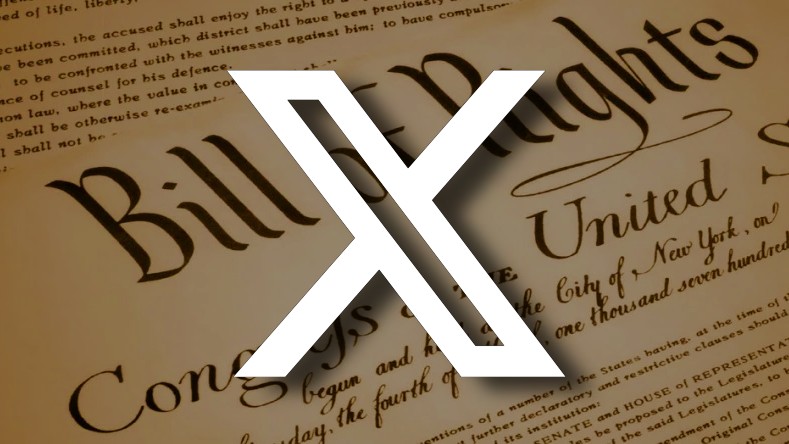
X sued the California attorney general, challenging Assembly Bill 587 (AB 587) – a law that required large social media companies to submit semiannual reports detailing their terms of service and content moderation policies, as well as their practices for handling specific types of content such as hate speech and misinformation. X claimed that this law violated the First Amendment, was preempted by the federal Communications Decency Act, and infringed upon the Dormant Commerce Clause.
Plaintiff sought a preliminary injunction to prevent the government from enforcing AB 587 while the case was pending. Specifically, it argued that being forced to comply with the reporting requirements would compel speech in violation of the First Amendment. Plaintiff asserted that AB 587’s requirement to disclose how it defined and regulated certain categories of content compelled speech about contentious issues, infringing on its First Amendment rights.
The district court denied plaintiff’s motion for a preliminary injunction. It found that the reporting requirements were commercial in nature and that they survived under a lower level of scrutiny applied to commercial speech regulations. Plaintiff sought review with the Ninth Circuit.
On review, the Ninth Circuit reversed the district court’s denial and granted the preliminary injunction. The court found that the reporting requirements compelled non-commercial speech and were thus subject to strict scrutiny under the First Amendment—a much higher standard. Under strict scrutiny, a law is presumed unconstitutional unless the government can show it is narrowly tailored to serve a compelling state interest. The court reasoned that plaintiff was likely to succeed on its claim that AB 587 violated the First Amendment because the law was not narrowly tailored. Less restrictive alternatives could have achieved the government’s goal of promoting transparency in social media content moderation without compelling companies to disclose their opinions on sensitive and contentious categories of speech.
The appellate court held that plaintiff would likely suffer irreparable harm if the law was enforced, as the compelled speech would infringe upon the platform’s First Amendment rights. Furthermore, the court found that the balance of equities and public interest supported granting the preliminary injunction because preventing potential constitutional violations was deemed more important than the government’s interest in transparency. Therefore, the court reversed and remanded the case, instructing the district court to enter a preliminary injunction consistent with its opinion.
X Corp. v. Bonta, 2024 WL 4033063 (9th Cir. September 4, 2024)
